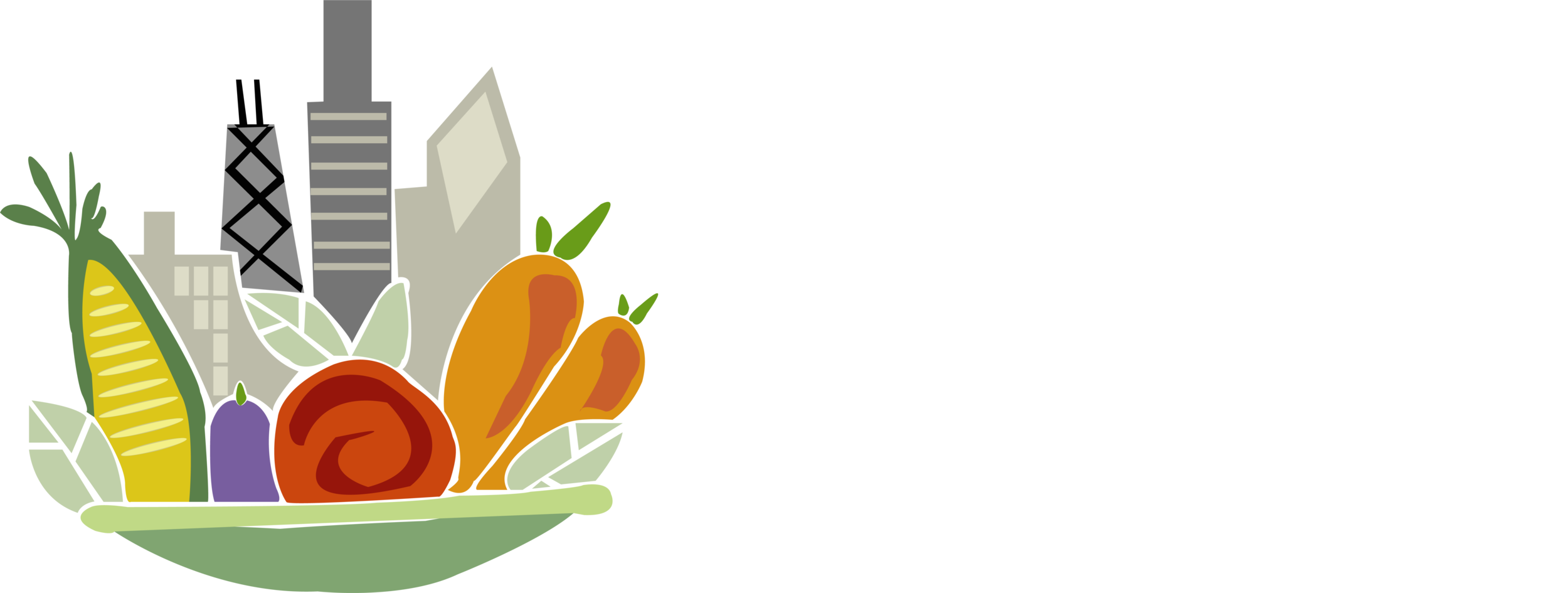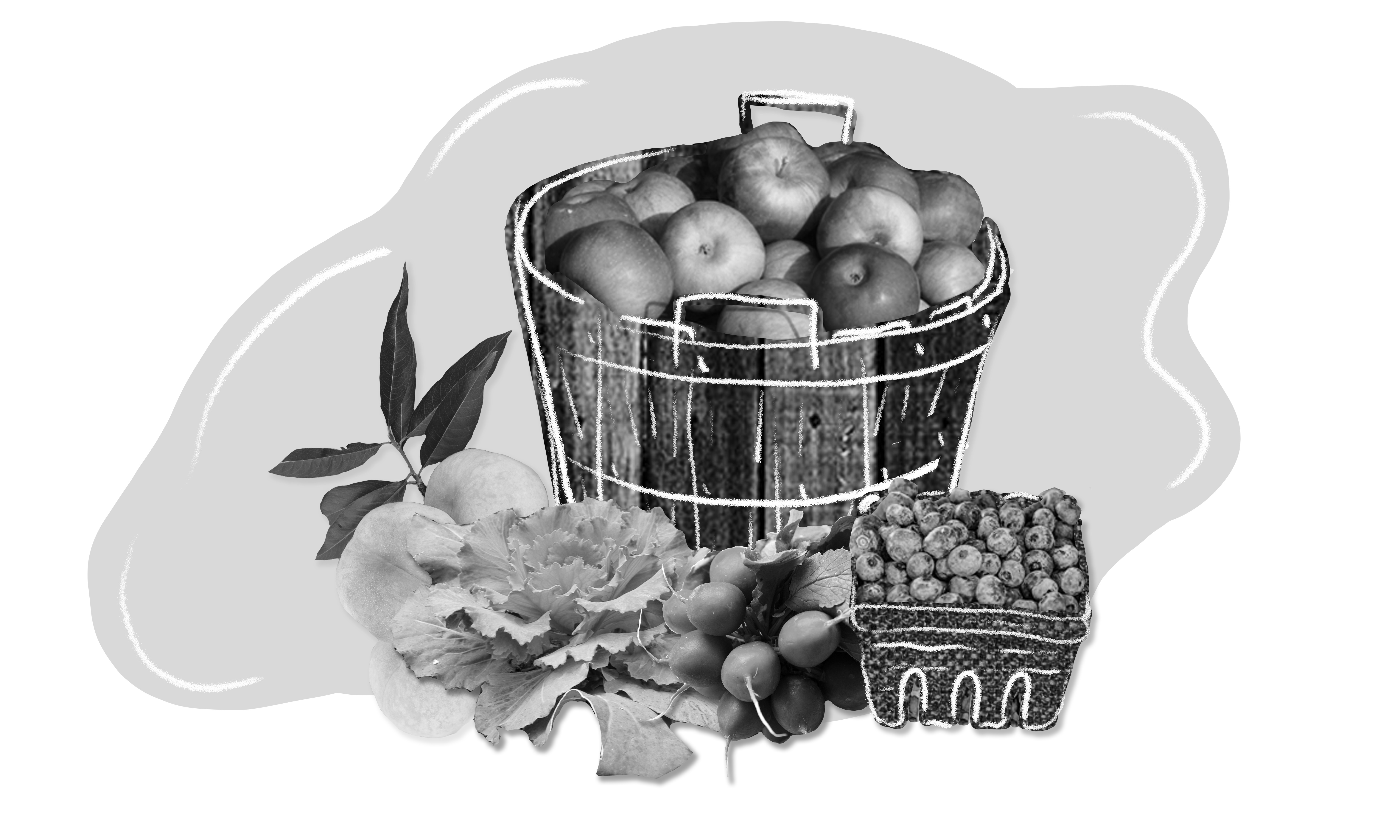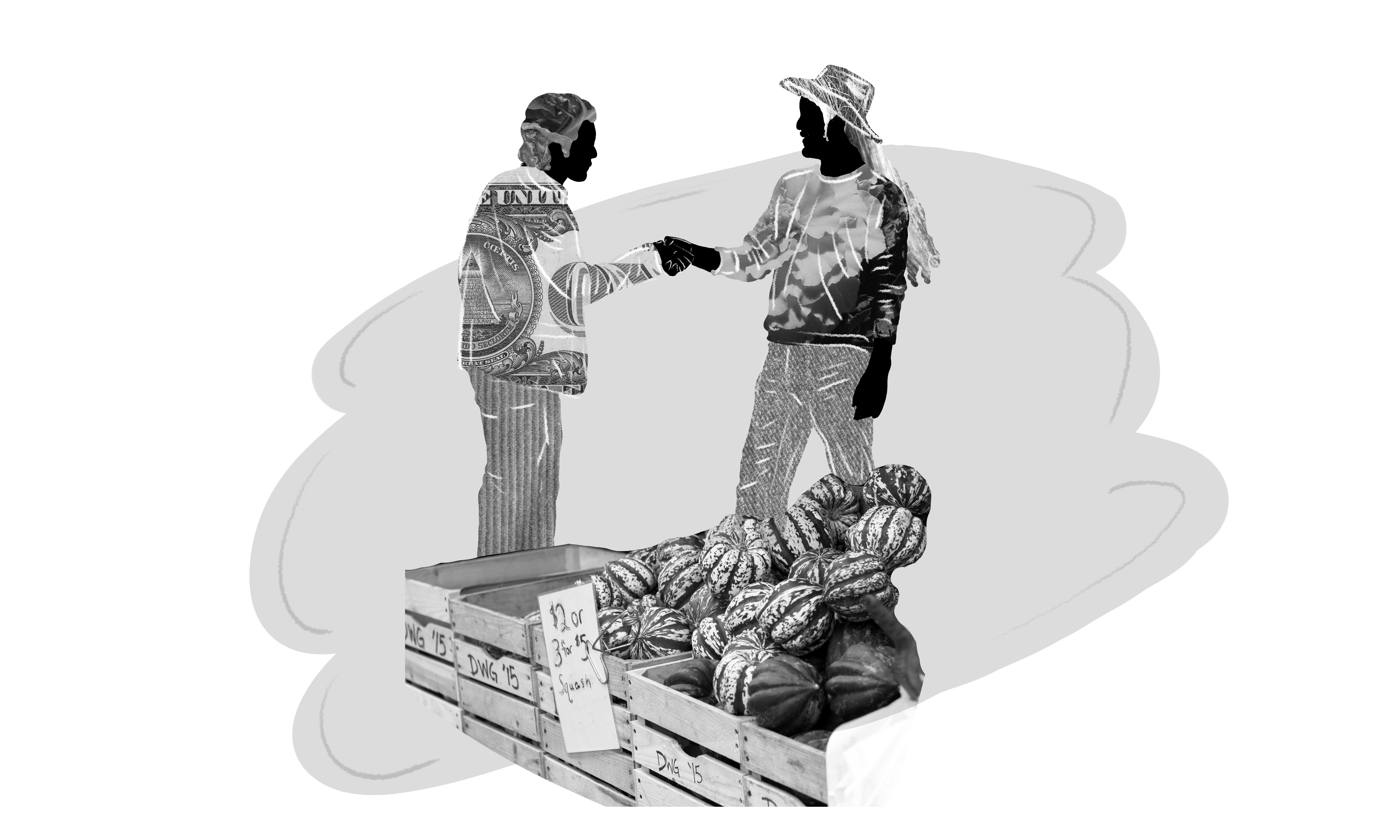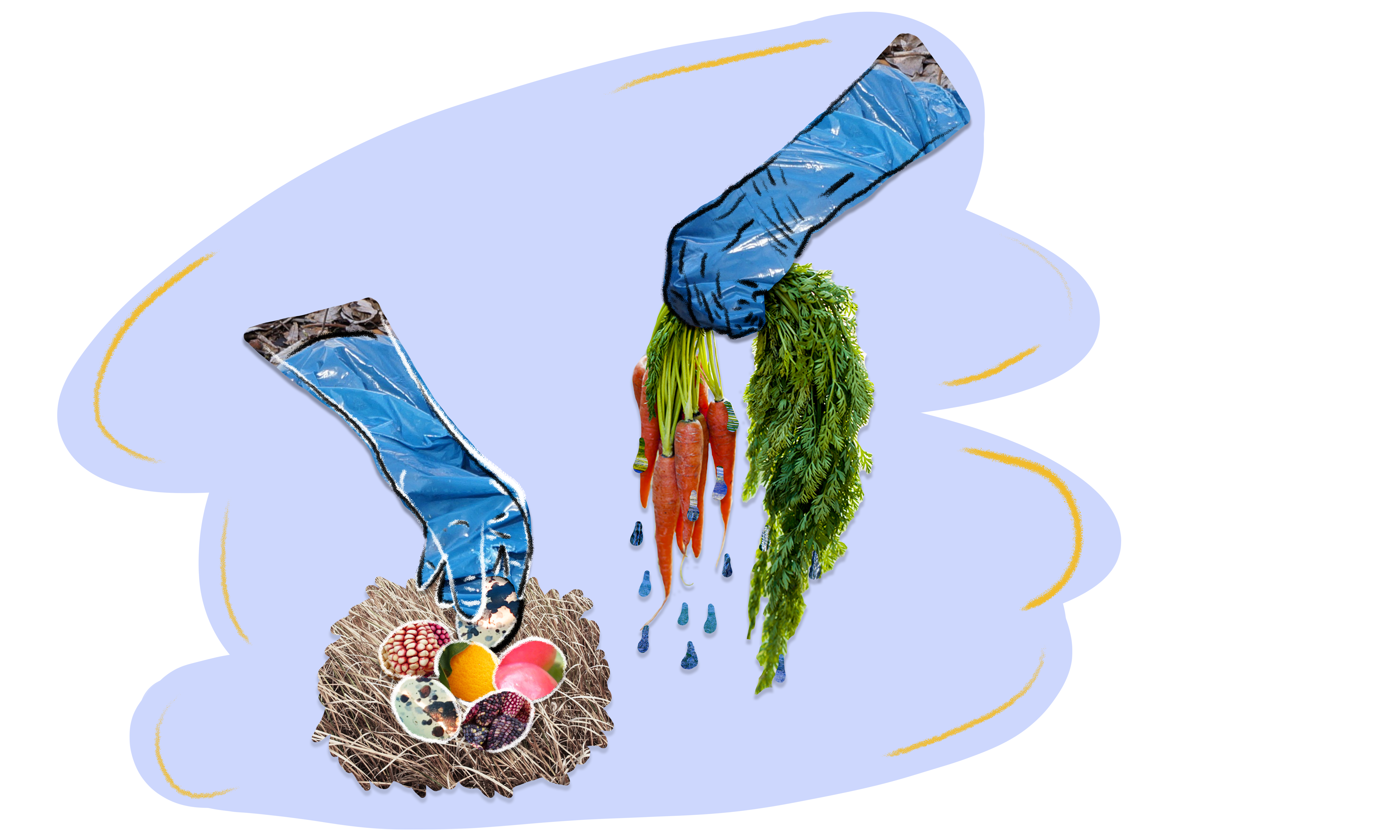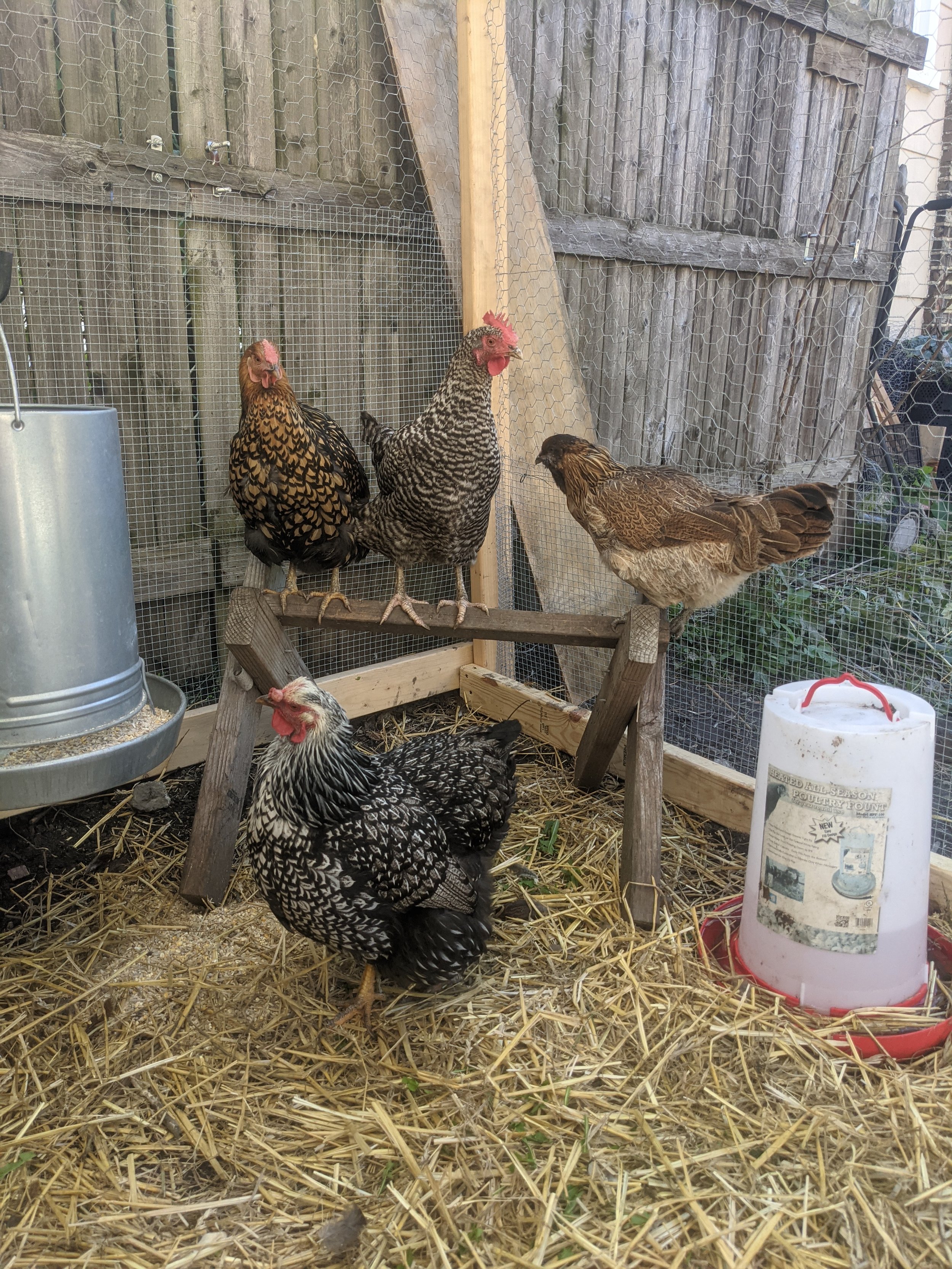Third-Party Food Safety Certifications
In addition to considering the requirements set for growers by the Food Safety Modernization Act and other state and federal regulations, many farmers that are considering wholesale and institutional markets will need to explore a third-party food safety audit, which is typically required by distributors and buyers.
Food Safety Certifications for Produce Growers
Good Agricultural Practices (GAP) and Good Handling Practices (GHP) are audits for specialty crop growers that verify that fruits, vegetables, and other specialty crops are produced, packed, handled, and stored to minimize risks of microbial food safety hazards. The majority of processors and food distributors require their specialty crop growers to have GAP/GHP audits annually, although some prefer other food safety audit programs (described below).
GAP & GHP audits verify adherence to the recommendations made in the U.S. Food and Drug Administration’s Guide to Minimize Microbial Food Safety Hazards for Fresh Fruits and Vegetables (pdf) and industry recognized food safety practices.
To learn more about GAP and GHP certification, please visit the USDA’s website.
Group GAP is a USDA farm food safety program that provides the entire specialty crops industry the opportunity to supply and buy fruits, vegetables, and related products certified as being produced using Good Agricultural Practices (GAP). By allowing farmers, food hubs, and marketing organizations of all sizes to band together and pool resources to achieve USDA GAP certification, GroupGAP is helping more farmers supply fresh, local produce to retail and institutional markets, and providing buyers and consumers alike with more purchasing and product options.
Benefits for Group GAP participants include:
Saving group members money through cost and resource sharing
Improving group members’ accountability and performance by leveraging shared resources
Decreasing documentation and maintenance requirements of group members who operate under a single Quality Management System
Using internal audits and shared food safety manager(s) to make member compliance easier
Interested in learning more about Group GAP in the Metro Chicago area? Reach out to Advocates for Urban Agriculture’s Group GAP Coordinator, Alexandra Hachem, at alexandra@auachicago.org.
While GAP and GHP are some of the most commonly accepted third-party food safety certifications, there are other food safety audit programs that buyers might require or prefer. Other food safety auditors that certify produce growers include the Safe Quality Food (SQF) Institute’s Food Safety Program, PrimusGFP, and Global G.A.P. Be sure to talk with a prospective buyer about their required food safety certifications at the outset of your relationship-building to ensure that they will accept your certification type.
Food Safety Certifications for Livestock and Poultry Producers
Because meat is first processed by a USDA-licensed meat processing facility, buyers typically have less food safety requirements for livestock growers directly. However, the USDA Agricultural Marketing Service provides different voluntary audits that livestock and poultry producers may be interested in pursuing to differentiate their products and align better with Good Food Standards in GFPP. Audits include the Certified Responsible Antibiotic Use (CRAU), USDA Grass Fed Program for Small and Very Small (SVS) Producers, and One Health Certification. For a full list of the USDA’s auditing services for livestock and poultry producers, please visit their website.
Different industry associations have also developed Quality Assurance Programs for livestock producers to follow. These certifications are voluntary, but may be recommended by certain distributors or purchasers. Examples include the Beef Quality Assurance and Pork Quality Assurance Plus programs.
